
3 Warning Signs That Appear Days Before a Stroke Everyone Should Know to Prevent It
A stroke, often called a “brain attack,” happens when blood flow to part of the brain is blocked or reduced, depriving brain tissue of oxygen and nutrients. Within minutes, brain cells begin to die — making stroke one of the leading causes of death and long-term disability worldwide. The frightening truth is that a stroke can strike suddenly, without warning. However, research and medical experience show that the body often sends subtle signals a few days before a stroke actually happens. Recognizing these warning signs early could literally save your life or the life of someone you love.
Here are three critical signs that may appear days — or even weeks — before a stroke, according to medical experts.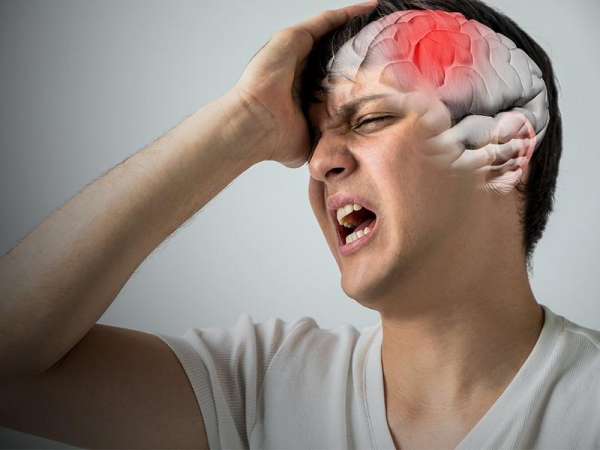
1. Sudden Dizziness, Loss of Balance, or Coordination Problems
One of the earliest and most common pre-stroke symptoms is unexplained dizziness or loss of balance. You may suddenly feel lightheaded, unsteady when walking, or unable to coordinate your movements. Some people describe it as feeling “drunk” or like the room is spinning, even though they haven’t consumed alcohol.
This happens because blood flow to the brainstem — the part of the brain that controls movement and balance — is temporarily disrupted. Even if the dizziness goes away after a few minutes, it should not be ignored. Many people experience these “mini-strokes,” known as transient ischemic attacks (TIAs), before a major stroke occurs. A TIA is a serious warning that the brain’s blood supply is unstable and needs immediate medical attention.
If you suddenly feel dizzy, have trouble walking, or can’t keep your balance, don’t wait it out — get medical help right away.
2. Sudden Numbness or Weakness (Especially on One Side of the Body)
Another major warning sign that often occurs days before a stroke is numbness, tingling, or weakness — especially affecting one side of the body, such as one arm, one leg, or half of the face. Some people notice they have difficulty lifting one arm, holding objects, or smiling evenly.
This symptom happens because a stroke usually affects only one hemisphere of the brain, which controls the opposite side of the body. The weakness may appear mild at first and then disappear, leading people to dismiss it as fatigue or nerve compression. However, these episodes can be early signs that blood flow to the brain is being temporarily blocked.
Doctors emphasize that even short episodes of weakness or numbness are medical emergencies. Quick diagnosis and treatment — ideally within the first few hours — can prevent a full-blown stroke.
3. Slurred Speech, Confusion, or Difficulty Understanding Others
A sudden change in your ability to speak or understand language is one of the clearest warning signs of a stroke. You might slur words, have trouble finding the right words, or feel confused when someone speaks to you. Some people describe it as “their brain not working properly” or “words getting stuck.”
This occurs because the part of the brain responsible for speech and comprehension — usually the left hemisphere — is not receiving enough oxygen. Even if speech returns to normal after a few minutes, it’s a red flag for an impending stroke. Call emergency services immediately if you or someone else suddenly can’t speak clearly or seems unusually disoriented.
How to Protect Yourself
If you notice any of these symptoms — dizziness, numbness, or speech problems — seek medical attention immediately. Never wait for symptoms to “go away on their own.” Early diagnosis and treatment can prevent severe brain damage.
To lower your risk of stroke in the long term, maintain a healthy lifestyle: keep your blood pressure under control, eat a balanced diet rich in vegetables and fruits, exercise regularly, avoid smoking, and manage stress. Also, check your blood sugar and cholesterol levels regularly if you have diabetes or heart disease.
Conclusion
A stroke can strike suddenly, but it rarely comes without warning. By learning to recognize these three early signs — loss of balance, sudden weakness, and slurred speech — you can act in time to save yourself or someone else. Awareness is the first and most powerful step in prevention. Remember: when it comes to stroke, every minute matters — fast action can mean the difference between life, death, or lifelong disability.
News in the same category


Found this weird skin on my son's ear this morning. Doc appt is a week away. What can I do?

3 Common Mistakes People Make When Eating Avocados

Acid reflux natural remedy that works in minutes

Warning Signs You Should Never Ignore on Your Skin

The 1-minute workout that’s up to 9x more powerful than your usual routine

Nine Year Study Finally Explains The Relationship Between Sugar And Cancer
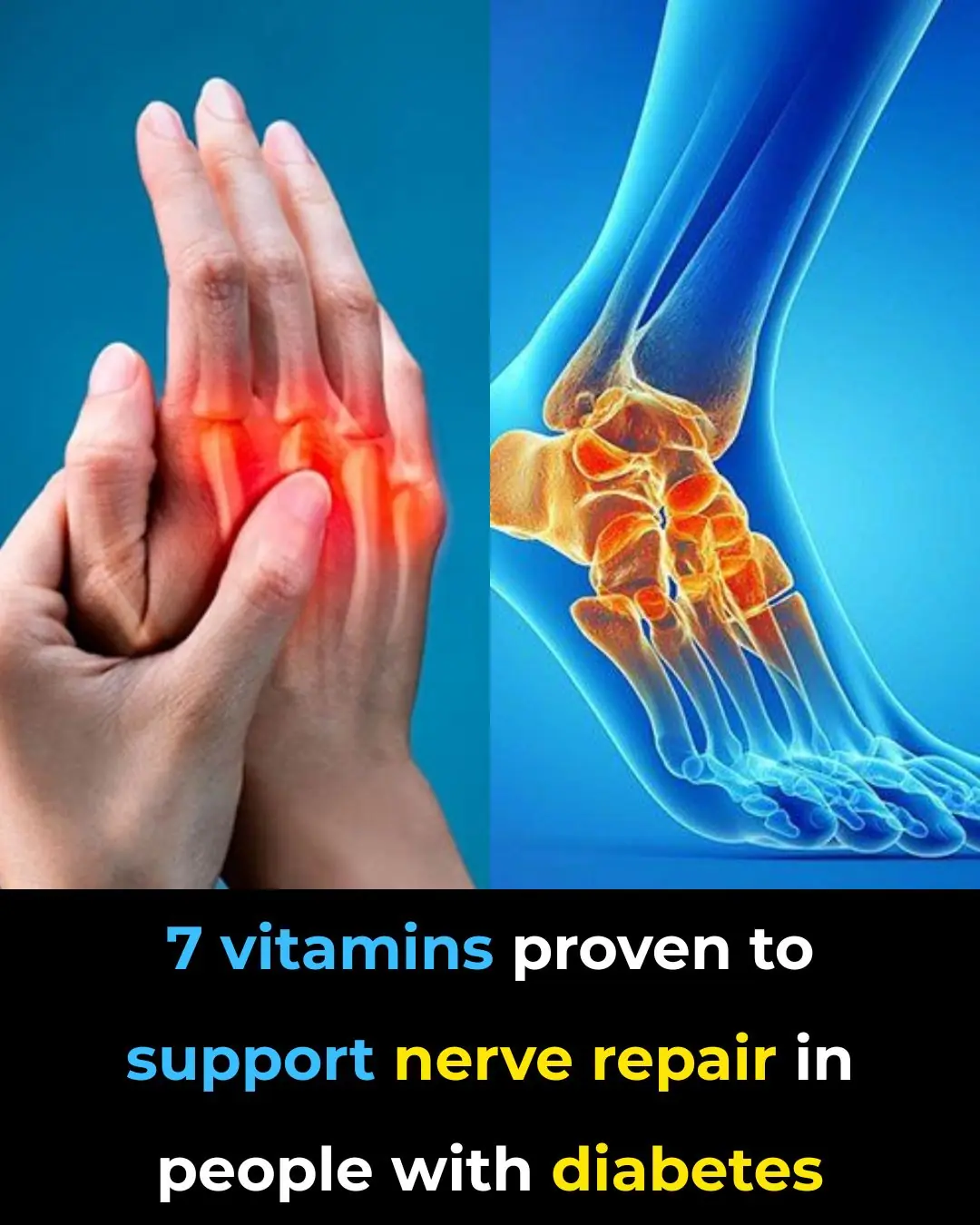
7 essential vitamins every diabetic needs for nerve health
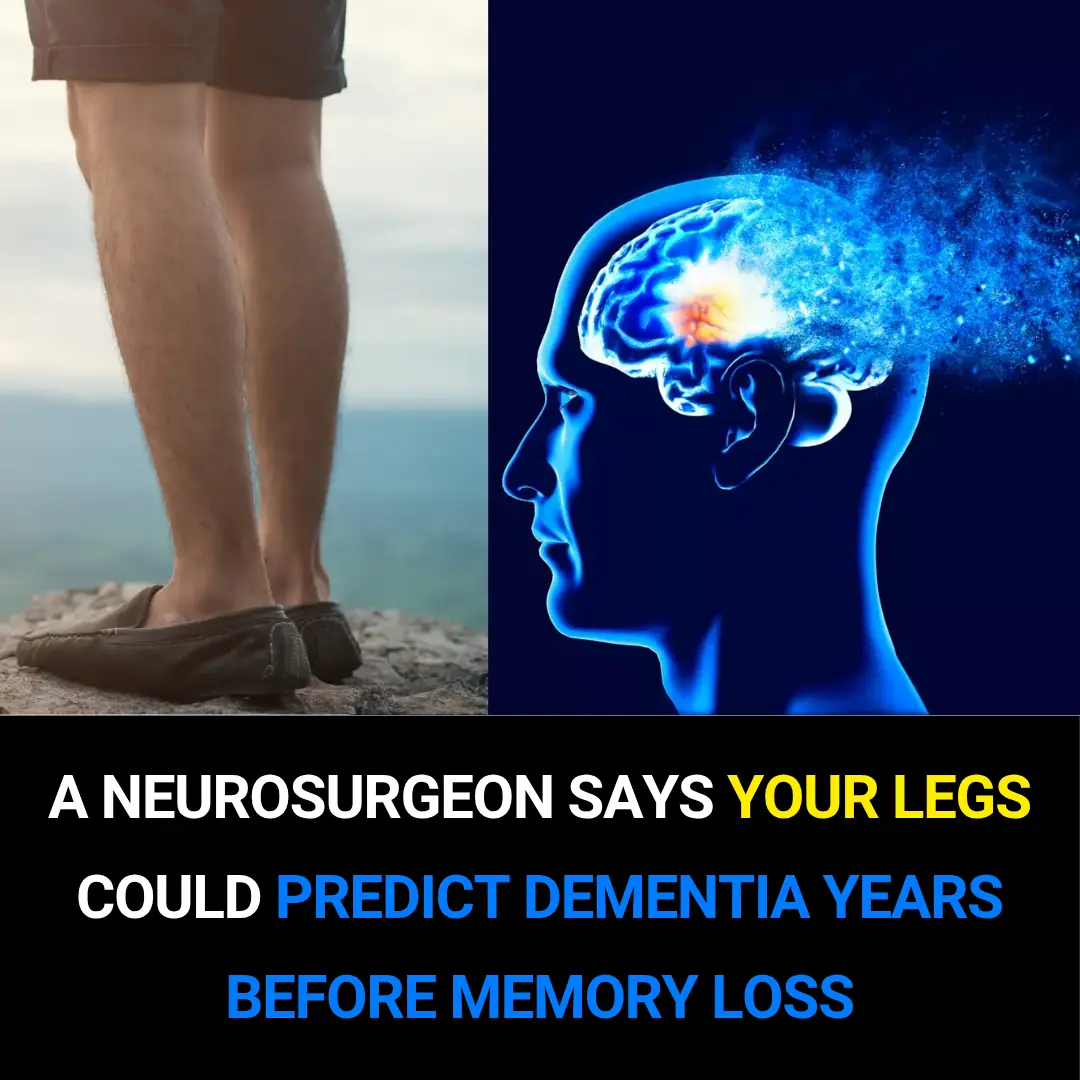
🧠 A Neurosurgeon Says Your Legs Could Predict Dementia Years Before Memory Loss

7 Best Foods to Rebuild Your Muscle Strength After 50

The B Vitamin Solution: How to Lower Blood Pressure When Medications Fail
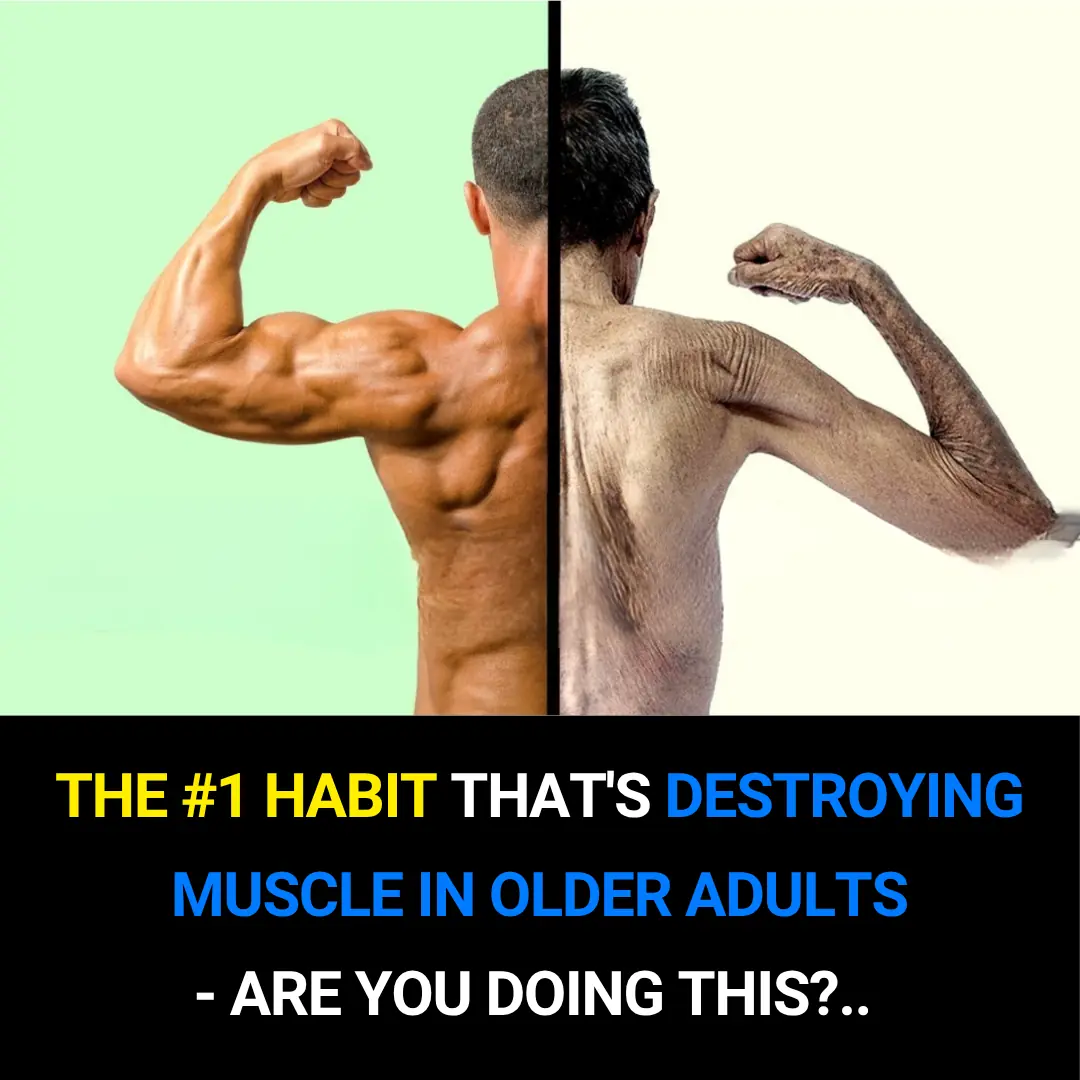
The #1 Habit That’s Quietly Destroying Muscle in Older Adults — Are You Guilty of This?

9 Hidden Causes of Bloating (And the Science-Backed Fixes)

5 Common Habits That Are Secretly Harming Your Heart You Probably Didn’t Know

Eat cloves every day, but avoid this common mistake!
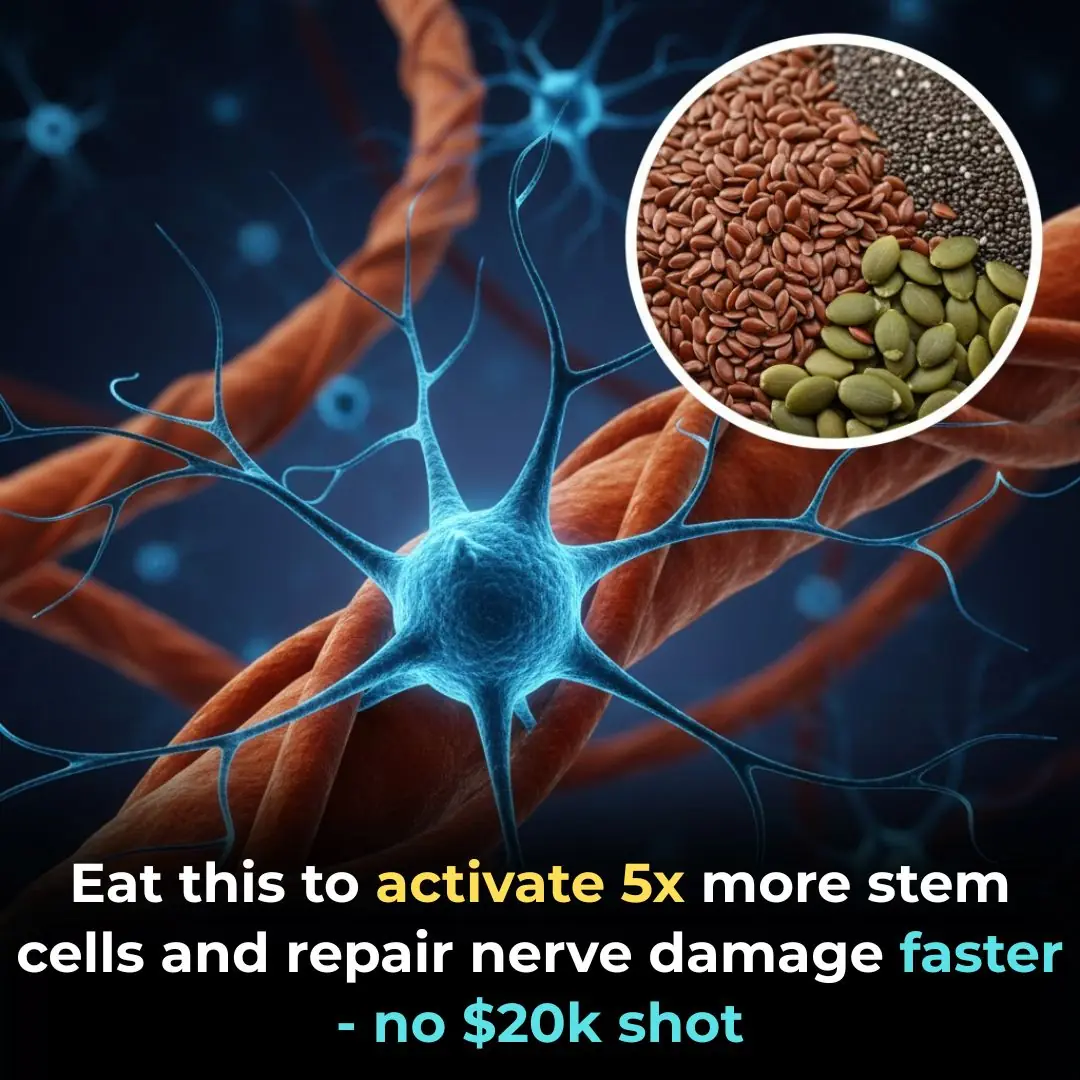
Eat this to activate 5x more stem cells and repair nerve damage faster — no $20k shot
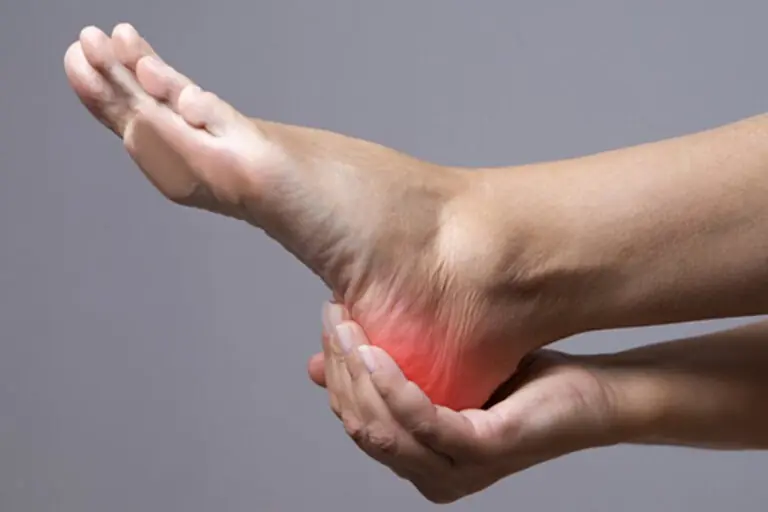
YOUR FEET ARE A 'BLOOD SUGAR METER' BEWARE OF DIABETES IF YOU FREQUENTLY EXPERIENCE THESE 12 SYMPTOMS
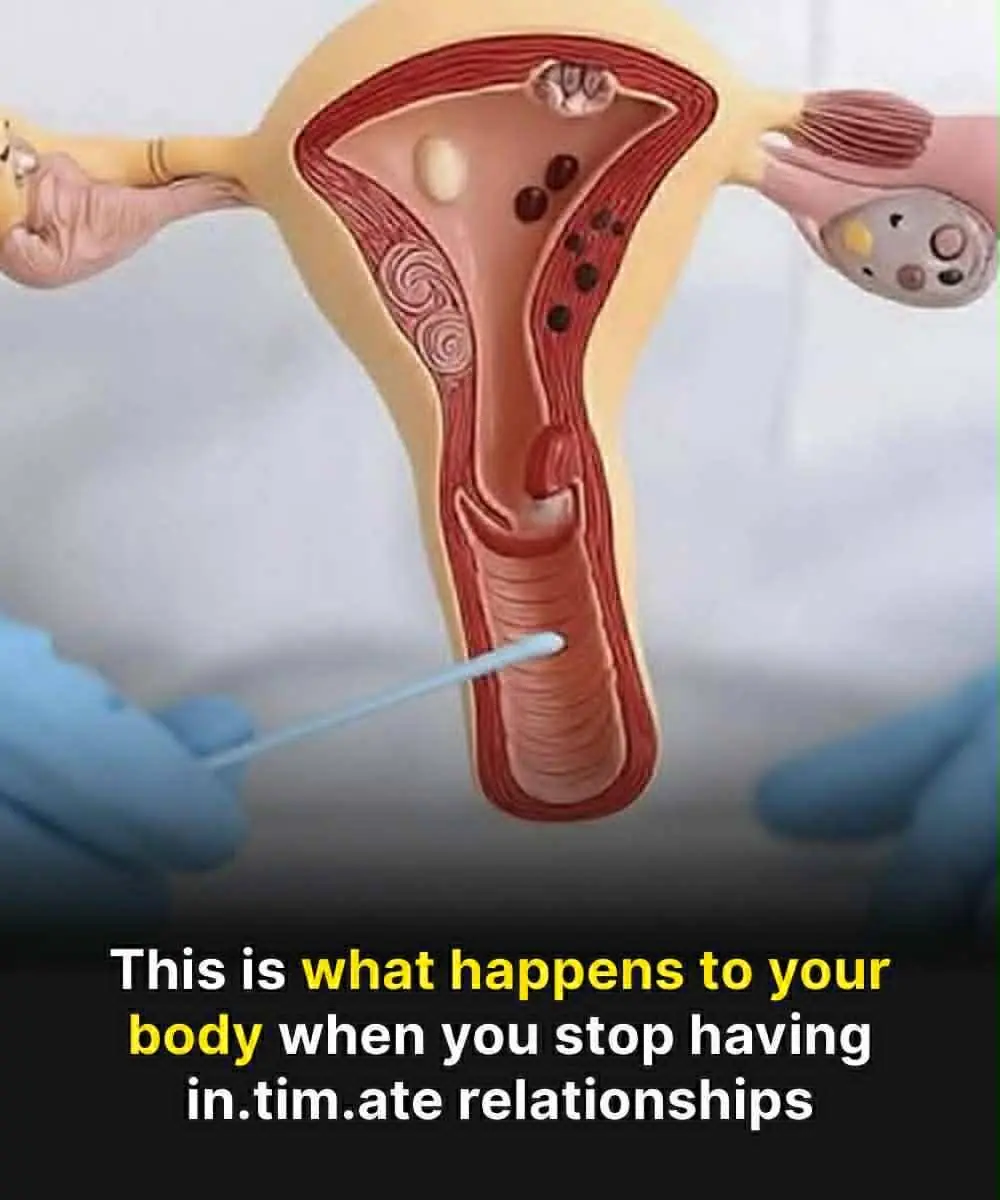
The Hidden Consequences of a S*xless Life

Keeping these 4 things on your bedside table can easily cause insomnia and hair loss
News Post

Pure vs. Adulterated Honey: How to Differentiate Real Honey from Fake with a Simple Water Test

I had no idea this was a thing

Guardians of the Gentle Giants.

Add white vinegar to dishwashing water: Simple cleaning tips that will never be too expensive

Lady places cup of vinegar into microwave. Here’s the genius reason why
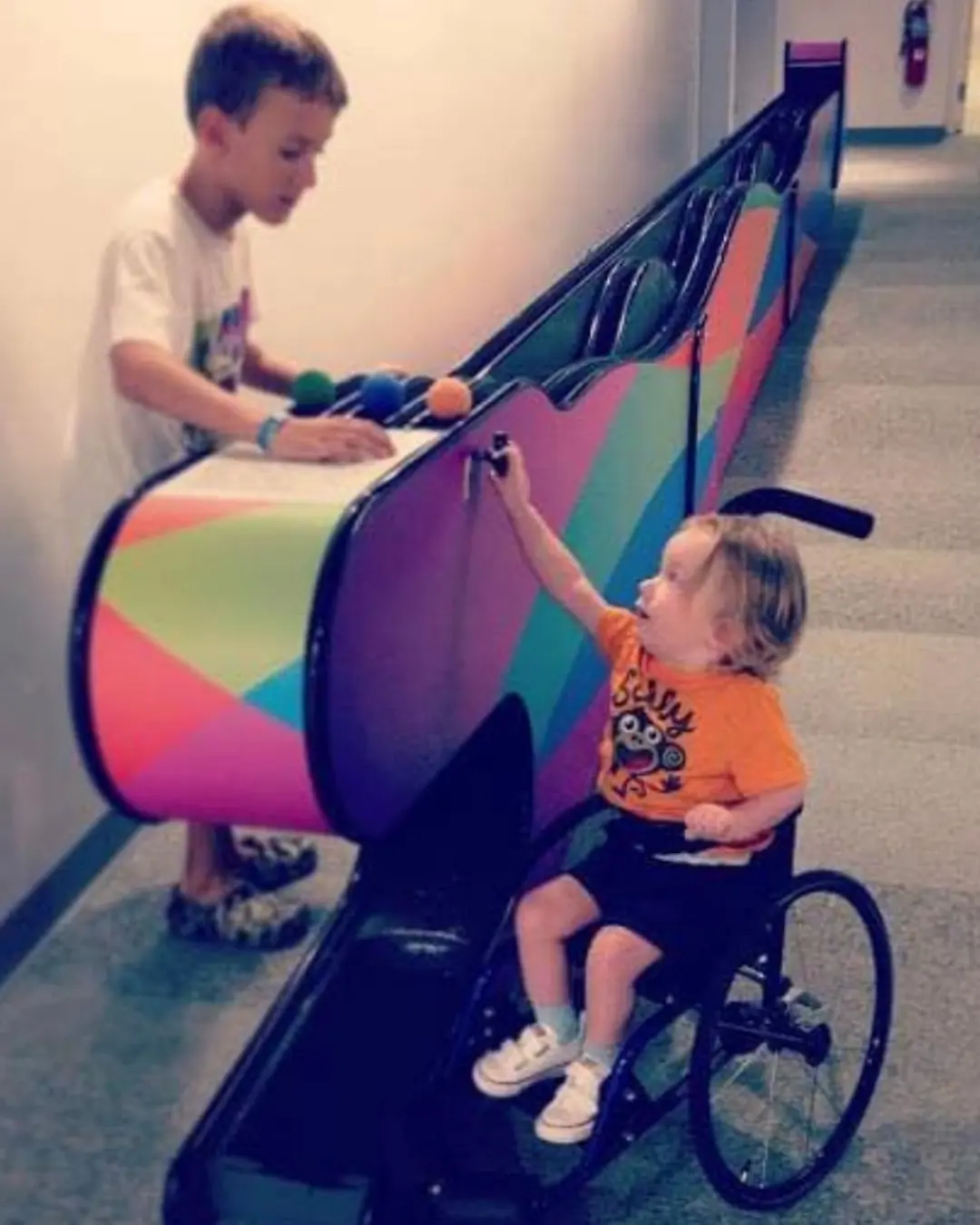
To the Little Boy at the Science Museum.

Works like a charm
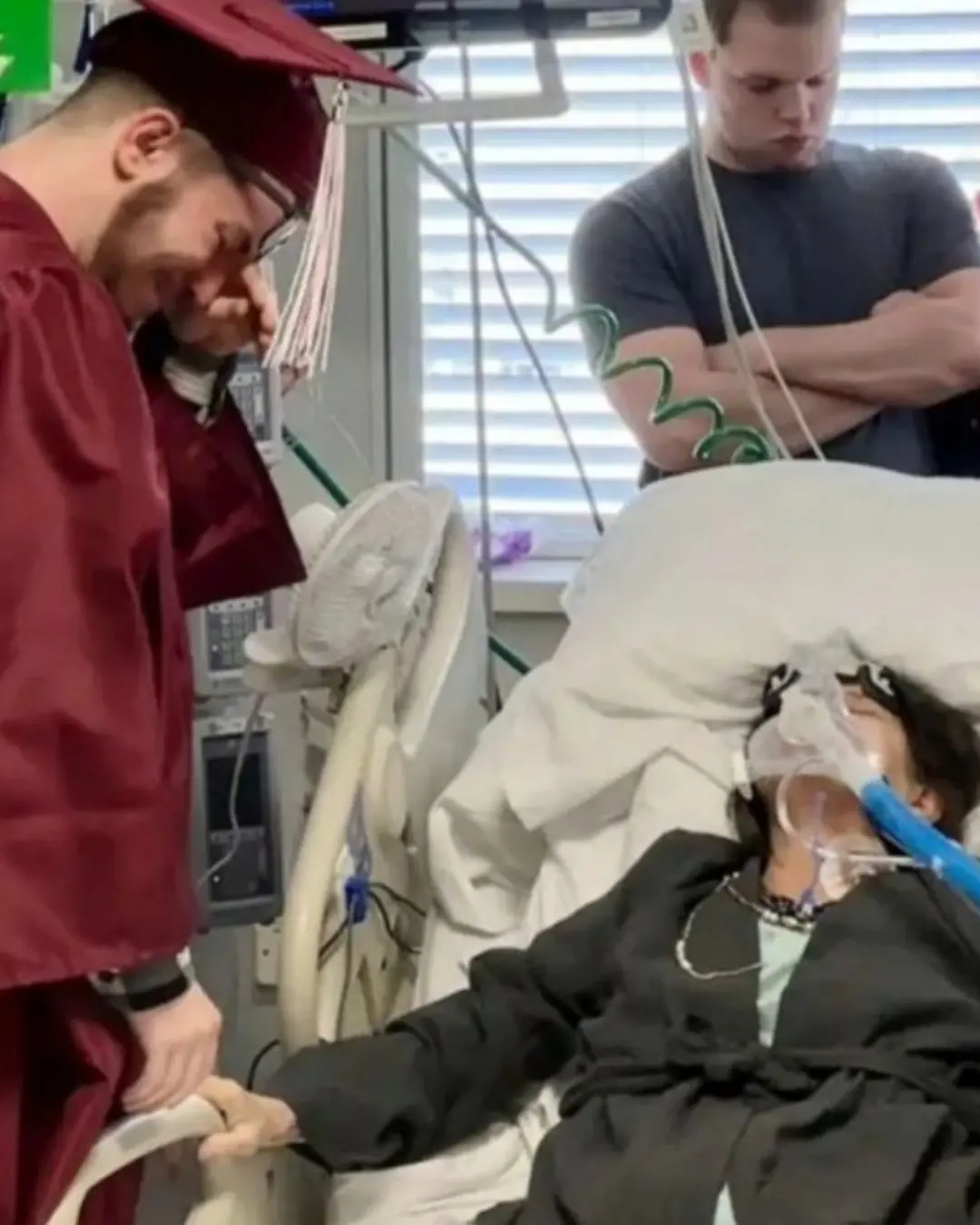
A Mother’s Final Wish.

My nana taught me this hack to make dusty blinds sparkle in 2 mins with 0 work. Here’s how it works

Came back from camping and got some red, itchy skin. Doctor isn't available for another week. What should I do?

The Day John Steinbeck Flew with the Angels.

This is the first time I'm hearing about this

Stop storing these 10 things wrong
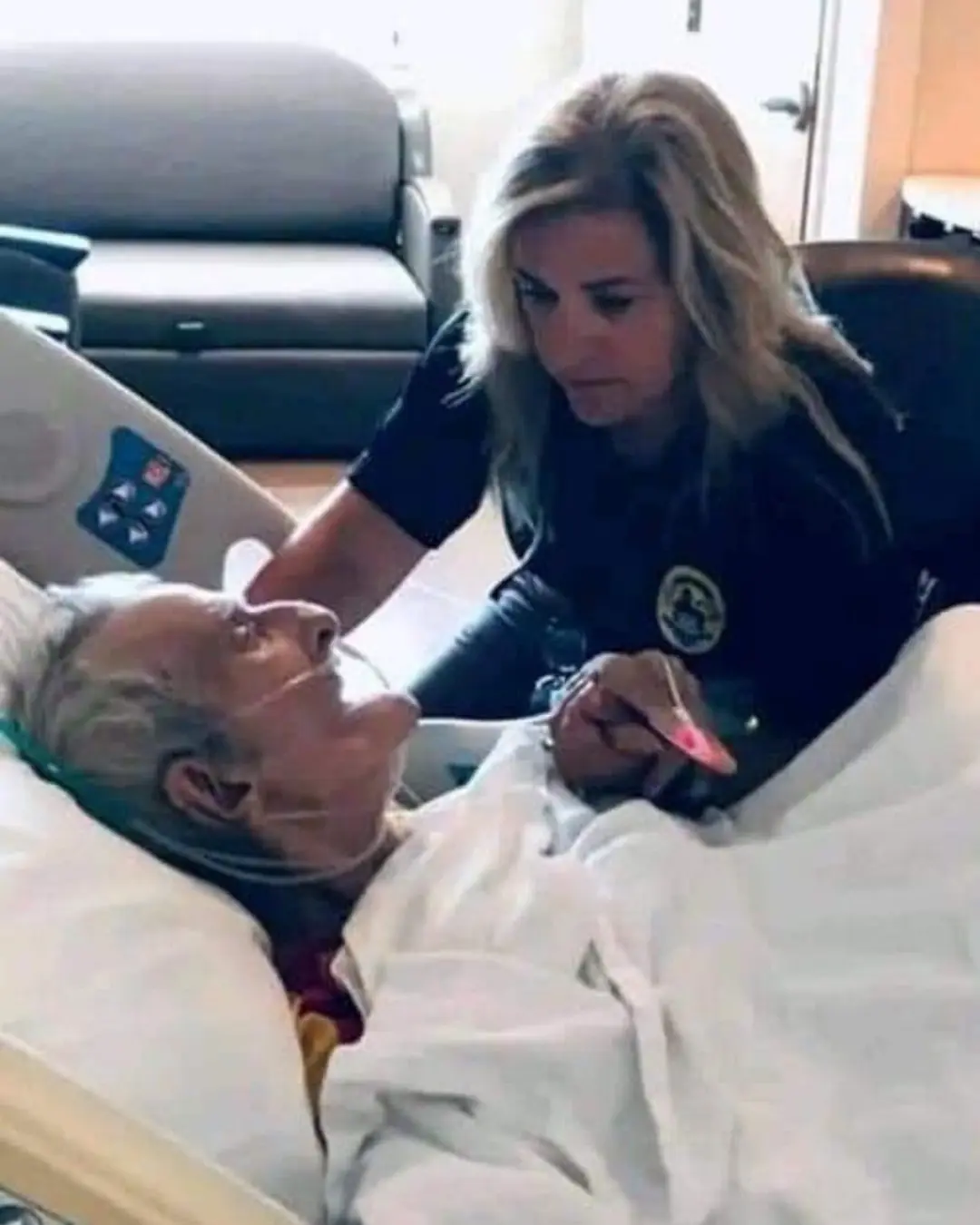
The Officer Who Became His Family.

Just tried to stop my daughter from doing this

Twelve Hours in the Pit — and a Mother’s Love That Never Gave Up.

The Day Everything Changed.

Here’s The History Behind The AME Church, The First Independent Black Denomination In The U.S.

Found this weird skin on my son's ear this morning. Doc appt is a week away. What can I do?
